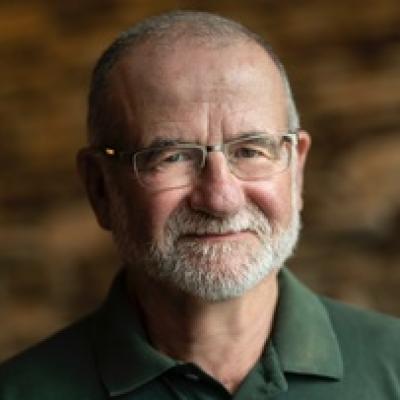
Norman K. Sondheimer
About
Norman Sondheimer has championed efforts in a variety of areas of computer science for many years. He has supervised the fielding of diagnostic tools for medical imaging, locomotive, jet engine, and building systems equipment. He helped lead the effort to create remote monitoring centers. With the Auton Lab at the Carnegie Mellon University, he responded to challenges by the U.S. Air Force and U.S. Navy to prove data routinely collected by them can provide substantially early warning of systematic equipment failures.
Sondheimer has also championed patient engagement to improve the data quality of electronic health records. Health records are known to often be incomplete and inaccurate. With electronic access, patients will have both the ability and interest to identify these issues. Most recently, he has been helping develop strategies for inclusion of computer science in K-12 public education in Connecticut.
Sondheimer was previously the co-director of the Electronic Enterprise Institute (EEI) at the University of Massachusetts Amherst and a senior research fellow in the university's computer science department. He previously served as Dean's Executive Professor at the University's Isenberg School of Management. He has held full-time positions at the United Technology Research Center, GE Global Research, the University of Southern California Information Sciences Institute, Sperry Univac, and the Ohio State University. Besides his position as an adjunct at UMass, he is volunteering as the leader of CS4CT, a coalition of business leaders, parents, and educators dedicated to bringing computer science education to every student in Connecticut. He has consulted for and served on advisory committees for such organizations as the United States Department of Commerce, the Commerce Department's National Institute of Standards, the Commonwealth of Massachusetts' Information Technology Division, DARPA and Bell Laboratories. He has served on the Information Technology Councils for GE and United Technology Corporation, as President of the Association for Computational Linguistics, and on the boards of the Digital Government Society of North America and the American Federation of Information Processing Societies.